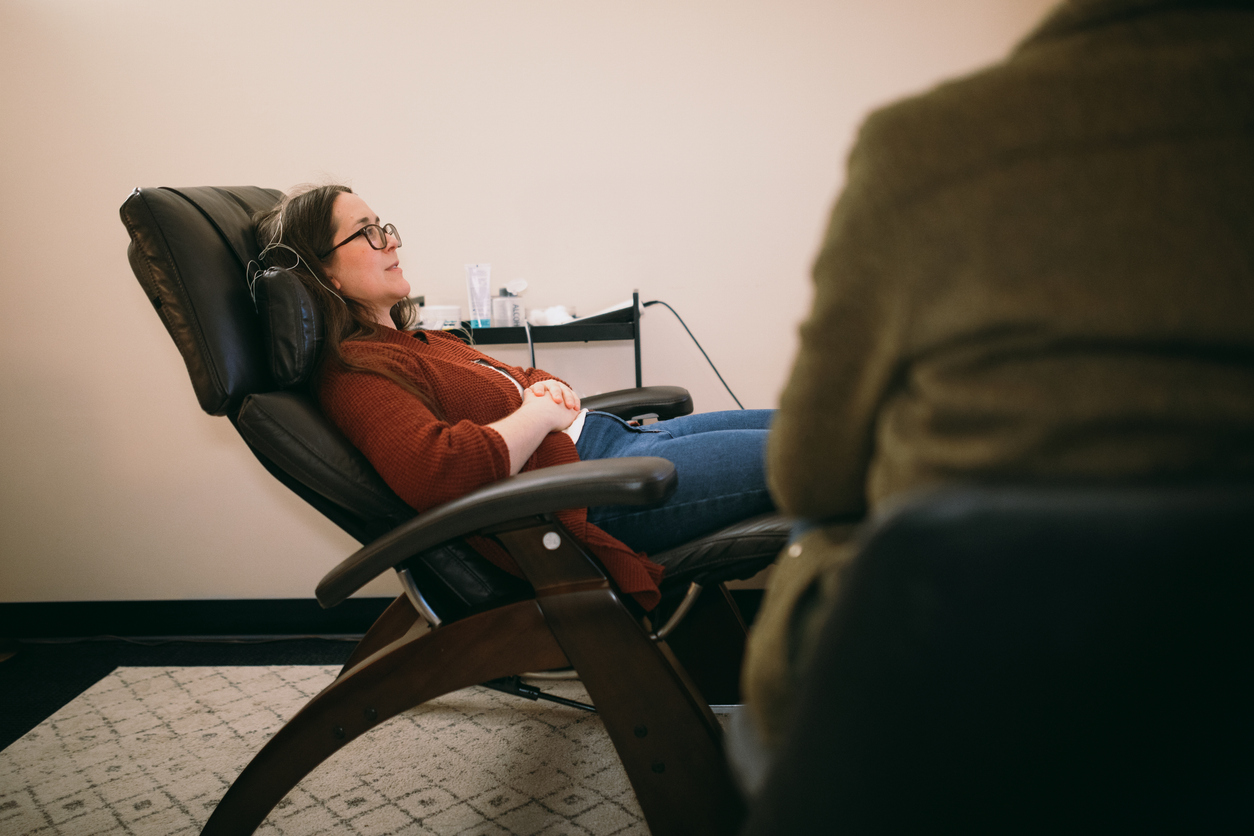7 Tips for Finding a Therapist in Los Angeles
Finding a therapist in Los Angeles can be confusing and sometimes overwhelming. There is an easier way, and it involves making the right connections. By contacting a treatment center and providing basic information, they can connect you with the best therapist. You can spend less time searching and more time focusing on the benefits of treatment. Finding a therapist in Los Angeles can be overwhelming due to the city’s vast size and numerous options. This uncertainty and multitude of choices can lead to frustration, especially for those already experiencing with mental health challenges. Navigating this process without guidance can feel like an insurmountable barrier to receiving care. This article provides seven tips for finding a therapist in Los Angeles. Finding a Therapist in Los Angeles Finding a therapist in Los Angeles presents a unique challenge due to the city’s sheer size and the overwhelming number of available professionals. It is …





